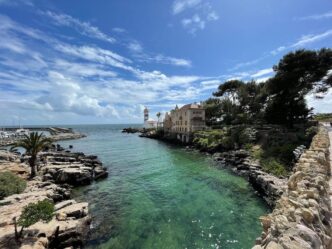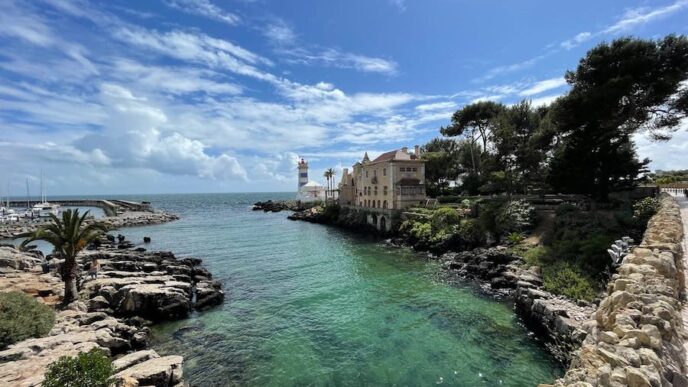The Community of Portuguese Language Countries (CPLP), or Comunidade dos Países de Língua Portuguesa, is an international organization uniting nations that share Portuguese as an official language. Established in 1996, the CPLP promotes cooperation and cultural exchange among its member states while fostering the global presence of the Portuguese language.
Who Are the Members of the CPLP?
The CPLP consists of nine member states across four continents, creating a diverse and dynamic community:
- Angola
- Brazil
- Cape Verde
- Guinea-Bissau
- Equatorial Guinea (joined in 2014)
- Mozambique
- Portugal
- São Tomé and Príncipe
- Timor-Leste
These countries collectively represent over 285 million Portuguese speakers, making Portuguese the sixth most spoken language worldwide.
Objectives of the CPLP
The CPLP is built around three core pillars:
- Political and Diplomatic Cooperation
- Promoting peace, democracy, and human rights among member states.
- Strengthening diplomatic ties and shared political values.
- Cultural and Linguistic Promotion
- Preserving and promoting the Portuguese language globally.
- Encouraging cultural exchange and collaboration among Lusophone communities.
- Economic and Social Development
- Supporting sustainable development initiatives.
- Facilitating trade and investment among member states.
Key Achievements
The CPLP has made significant strides in various areas since its inception:
- Linguistic Unity: The organization supports efforts to standardize the Portuguese language, including the Orthographic Agreement of the Portuguese Language.
- Cultural Celebrations: Events such as Lusophone Cultural Festivals highlight the shared heritage of member states.
- Economic Partnerships: Programs fostering trade and investment across CPLP nations have bolstered economic ties.
- Global Diplomacy: The CPLP provides a platform for collective representation in international forums.
Equatorial Guinea’s Controversial Membership
Equatorial Guinea joined the CPLP in 2014, sparking debates due to its limited historical ties to Portuguese. The nation adopted Portuguese as an official language to align with CPLP membership requirements. This decision reflects the CPLP’s inclusivity and its efforts to expand its global reach.
Why Does the CPLP Matter?
The CPLP connects nations that share a linguistic and cultural heritage, creating opportunities for dialogue, collaboration, and mutual growth. It is a platform that transcends borders, uniting people through a shared language while respecting the unique identities of each member state.
For those interested in Portuguese culture, business, or international relations, the CPLP offers a fascinating example of how a shared language can drive global cooperation.














